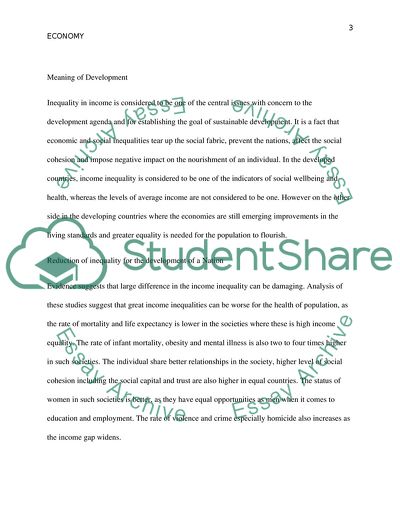Cite this document
(Third World Development on Egypt Case Essay Example | Topics and Well Written Essays - 3000 words, n.d.)
Third World Development on Egypt Case Essay Example | Topics and Well Written Essays - 3000 words. https://studentshare.org/sociology/1881803-third-world-development-egypt
Third World Development on Egypt Case Essay Example | Topics and Well Written Essays - 3000 words. https://studentshare.org/sociology/1881803-third-world-development-egypt
(Third World Development on Egypt Case Essay Example | Topics and Well Written Essays - 3000 Words)
Third World Development on Egypt Case Essay Example | Topics and Well Written Essays - 3000 Words. https://studentshare.org/sociology/1881803-third-world-development-egypt.
Third World Development on Egypt Case Essay Example | Topics and Well Written Essays - 3000 Words. https://studentshare.org/sociology/1881803-third-world-development-egypt.
“Third World Development on Egypt Case Essay Example | Topics and Well Written Essays - 3000 Words”. https://studentshare.org/sociology/1881803-third-world-development-egypt.


